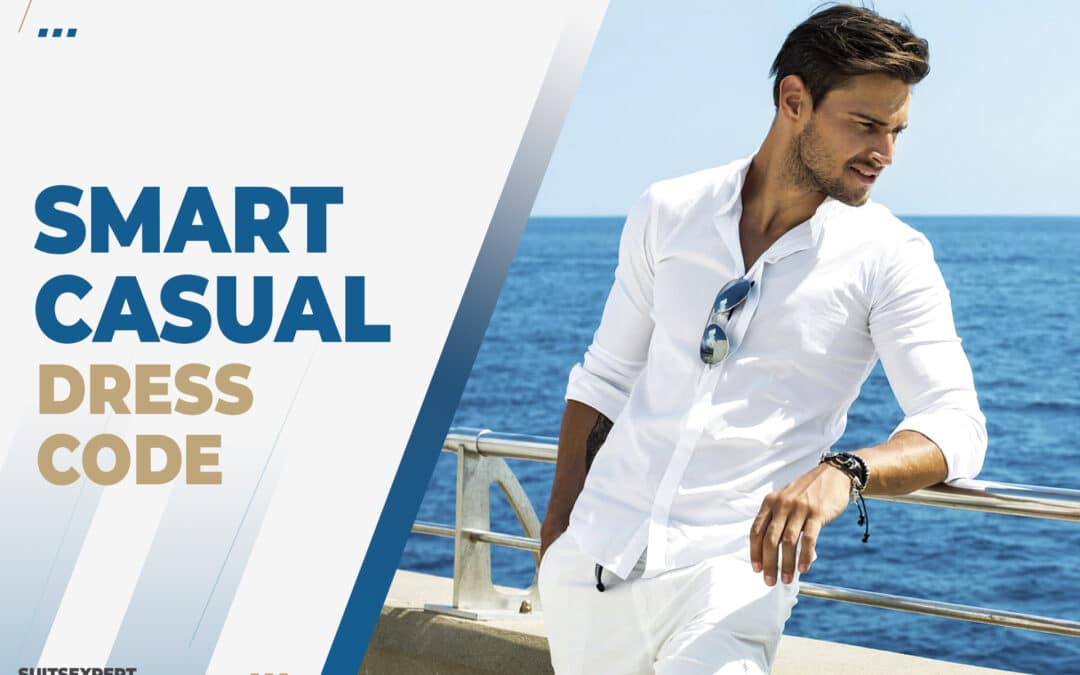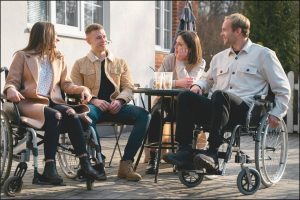Casual dress has become a fundamental aspect of modern wardrobes, transcending age, gender, and cultural boundaries. It encompasses a broad range of styles that prioritize comfort and ease while maintaining a sense of personal style. But what is the purpose of casual dress? This article explores the multifaceted role that casual attire plays in our lives, examining its impact on comfort, self-expression, social norms, practicality, and psychological well-being.
Comfort and Practicality
1. Daily Comfort
One of the primary purposes of casual dress is to provide daily comfort. Casual clothing is typically made from soft, breathable fabrics like cotton, linen, and jersey, which are kind to the skin and allow for easy movement. These fabrics are ideal for various activities, from lounging at home to running errands.
2. Ease of Movement
Casual attire is designed to facilitate ease of movement, making it suitable for a wide range of activities. Whether you’re working from home, walking your dog, or spending time with family, casual clothes allow you to move freely without the restrictions often imposed by more formal attire.
Self-Expression and Personal Style
1. Individuality
Casual dress provides a platform for self-expression and individuality. Unlike uniforms or formal dress codes that may impose certain standards, casual attire allows people to choose pieces that reflect their personal tastes, preferences, and moods. This freedom helps individuals showcase their unique identities through their clothing choices.
2. Fashion Flexibility
Casual clothing encompasses a wide variety of styles, from minimalist T-shirts and jeans to bohemian maxi dresses and sporty athleisure. This diversity allows individuals to experiment with different looks and adapt their style to various occasions, all while maintaining a sense of comfort and ease.
Social Norms and Cultural Trends
1. Changing Dress Codes
The purpose of casual dress has evolved alongside changing social norms and cultural trends. In many workplaces, for example, strict dress codes have given way to more relaxed standards, reflecting a broader shift towards valuing comfort and work-life balance. This shift has made casual attire more acceptable in settings that once demanded formal wear.
2. Cultural Adaptability
Casual dress is versatile enough to adapt to various cultural contexts. While the specifics of casual attire may vary across different cultures, the underlying principle of comfort and personal expression remains consistent. This adaptability makes casual dress a universal concept that can bridge cultural divides.
Practicality and Functionality
1. Versatility
Casual clothing is inherently versatile, making it suitable for a variety of activities and settings. A well-chosen casual outfit can transition seamlessly from a day at the office to an evening out with friends. This practicality reduces the need for multiple outfit changes and simplifies daily dressing routines.
2. Maintenance and Durability
Casual clothes are often easier to care for than formal garments. They are typically machine washable, require minimal ironing, and are made from durable fabrics that can withstand frequent wear and washing. This low-maintenance aspect makes casual attire a practical choice for everyday life.
Psychological Benefits
1. Stress Reduction
Choosing what to wear can be a source of stress, especially when adhering to strict dress codes or trying to impress others. Casual dress simplifies this decision-making process, allowing individuals to focus more on their activities and less on their appearance. This ease can contribute to lower stress levels and a more relaxed mindset.
2. Enhanced Confidence
Wearing comfortable, well-fitting casual clothes can boost self-esteem and confidence. When individuals feel good in their clothes, it positively impacts their mood and interactions with others. Casual attire can enhance this effect by providing comfort and ease, helping individuals feel more confident and self-assured.
Economic Considerations
1. Affordability
Casual clothing is often more affordable than formal attire. It is accessible to a broader range of people, making it a practical option for those on a budget. The affordability of casual wear means that individuals can build a versatile wardrobe without significant financial strain.
2. Cost-Effectiveness
The durability and timelessness of many casual clothing items offer excellent value for money. Investing in a few high-quality casual pieces can provide numerous outfit options and ensure long-term wear, making casual attire a cost-effective choice.
Work-Life Balance
1. Remote Work
The rise of remote work has further highlighted the importance of casual dress. As more people work from home, the need for comfortable and practical clothing has increased. Casual attire allows remote workers to maintain a professional appearance for virtual meetings while enjoying the comfort necessary for productivity at home.
2. Flexibility
Casual dress supports a balanced lifestyle by allowing individuals to transition smoothly between different roles and activities. Whether switching from professional duties to personal time or engaging in spontaneous activities, casual clothing offers the flexibility needed to adapt to various aspects of life.
Sustainability and Ethical Fashion
1. Sustainable Choices
The casual fashion industry is increasingly embracing sustainability, with many brands offering eco-friendly clothing options. Casual attire made from organic cotton, recycled materials, and other sustainable fabrics supports environmental conservation efforts and meets the growing demand for ethical fashion.
2. Ethical Production
Consumers are becoming more conscious of the ethical implications of their clothing choices. Many casual clothing brands prioritize fair labor practices and transparent production processes, allowing consumers to make informed, ethical decisions. This alignment with ethical values is an essential aspect of the purpose of casual dress.
Conclusion
The purpose of casual dress extends far beyond mere comfort. It encompasses self-expression, practicality, psychological well-being, and adaptability to social norms and cultural trends. Casual attire offers individuals the freedom to showcase their personal style while enjoying the benefits of comfort and ease. As society continues to evolve, the significance of casual dress in our daily lives becomes increasingly apparent. It reflects our values, supports our lifestyles, and enhances our overall quality of life, making it an indispensable part of modern fashion.














